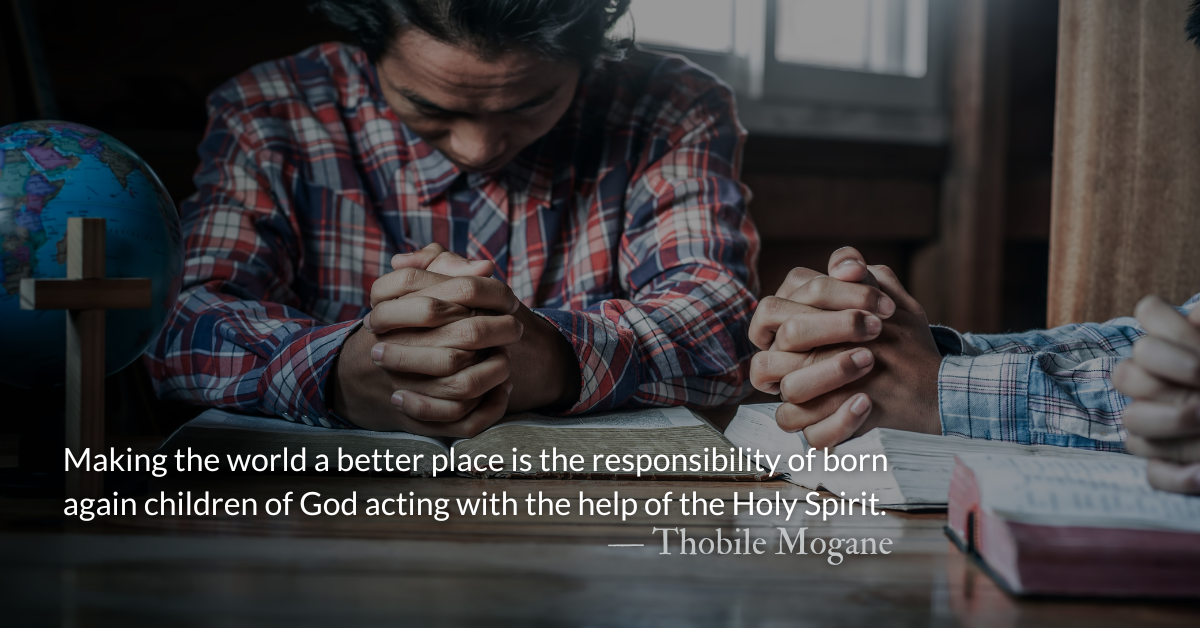Scripture Focus: Acts 21.17-24
17 When we arrived at Jerusalem, the brothers and sisters received us warmly. 18 The next day Paul and the rest of us went to see James, and all the elders were present. 19 Paul greeted them and reported in detail what God had done among the Gentiles through his ministry.
20 When they heard this, they praised God. Then they said to Paul: “You see, brother, how many thousands of Jews have believed, and all of them are zealous for the law. 21 They have been informed that you teach all the Jews who live among the Gentiles to turn away from Moses, telling them not to circumcise their children or live according to our customs. 22 What shall we do? They will certainly hear that you have come, 23 so do what we tell you. There are four men with us who have made a vow. 24 Take these men, join in their purification rites and pay their expenses, so that they can have their heads shaved. Then everyone will know there is no truth in these reports about you, but that you yourself are living in obedience to the law.
Reflection: A Destroyed Barrier
By Karen Yarnell
Paul, the apostle to the Gentiles, came to Jerusalem, bringing offerings from the Gentiles for the poor, gifts from Gentile to Jew. It was the festival of Pentecost, several years after the Holy Spirit was given following Jesus’ ascension (Acts 2.1-4). The Jews’ most sacred space, the Temple in Jerusalem, was filled with Jews celebrating.
Seeing Paul in the Temple, some Jews from Asia, the province that contained Ephesus, stirred up the crowd saying that Paul was a threat to “our people, our law, and this place.” They falsely accused him of bringing a Gentile into the courts reserved for Jews. The Roman-enforced law stated that any Gentile passing the barricade into the inner courts would receive the death penalty. Amid this uncontrollable mob, Paul was beaten, troops were brought in, and Paul was arrested.
Later, from a Roman prison, Paul wrote to the Ephesian church these words: At one time, you were “excluded from citizenship in Israel.” “But now in Christ Jesus you who once were far away have been brought near by the blood of Christ. For he himself is our peace, who has made the two groups one and has destroyed the barrier, the dividing wall of hostility.” (Ephesians 2.12-14) A physical barricade existed, but the spiritual barricade had been destroyed! Now, the redeemed people of God were being built into the Temple for God’s dwelling in the Spirit.
The gospel entrusted to Paul was not a threat to Israel. The inclusion of all nations was God’s intent all along, from the covenant with Abraham to the formation of the Church. As Jesus said, his people were to be his witnesses “in Jerusalem, and in all Judea and Samaria, and to the ends of the earth.” (Acts 1.8)
God desires his followers to worship in the Spirit and truth (John 4.23). Otherwise, we may find ourselves practicing our religion in a way that does not please God and in a place where He cannot be found. We may find ourselves not only missing where God is working but opposing Him.
In our religious fervor, have we erected or enforced barriers in the Church? The Jews were zealous to keep God’s Law, yet they were missing God’s work. Are there ways in our zeal to keep God’s Word that we misunderstand God’s intent and find ourselves opposing His Holy Spirit?
Divine Hours Prayer: The Request for Presence
Show your goodness, O Lord, to those who are good and to those who are true of heart. — Psalm 125.4
Today’s Readings
Isaiah 63 (Listen -3:25)
Acts 21 (Listen – 5:55)
Read more about Sewing up the Veil
We don’t have a literal Temple veil, but we each stitch up a veil of our own cultural assumptions…what it takes to approach God.











